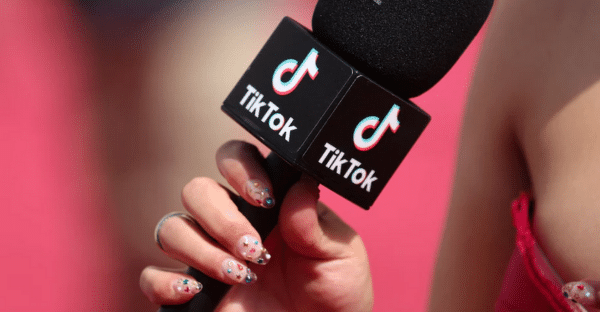In a conversation with Secretary of State Antony Blinken, Sen. Mitt Romney (R-UT) acknowledged that banning TikTok has such strong support in Congress because the social media platform has hurt Israel’s public relations battle.
“Some wonder why there was such overwhelming support for us to shut down, potentially, TikTok or other entities of that nature,” Romney said at the McCain Institute this past Friday.
If you look at the postings on TikTok and the number of mentions of Palestinians relative to other social media sites, it’s overwhelmingly so among TikTok broadcasts.
The official justification for targeting TikTok is the unfounded allegation that it’s a Chinese spy tool because its parent company, ByteDance, is based in China. But Romney’s comments suggest the real purpose of the renewed push to ban the app after a similar effort failed years ago was to censor news coming out of Gaza and pro-Palestinian content.
Blinken blamed social media in general when asked by Romney why Israel was losing the global PR war. Palestinian journalists have been able to broadcast to the whole world the atrocities committed by Israel in Gaza using social media, including graphic videos of dead or wounded children being dug out of rubble following an Israeli airstrike.
“Now, of course, we’re on an intravenous feed of information with new impulses, inputs every millisecond,” Blinken said.
And, of course, the way this has played out on social media has dominated the narrative. You have a social media ecosystem, environment in which context, history, facts get lost and the emotion, the impact of images dominate. We can’t discount that, but I think it also has a very very challenging effect on the narrative.
A bill to ban TikTok was included in the $95 billion foreign military spending package President Biden signed into law last month. The legislation gives ByteDance nine months to sell TikTok, or else it will get banned. But ByteDance has vowed to fight the ban in court and said it would rather shutdown TikTok than sell.

